Institutions are the foundation that determines sustainability.
In the context of deep integration, the Vietnamese economy is facing the need to build a sustainable value chain to improve competitiveness and participate more deeply in the global supply chain. Sharing about this issue at the workshop "Strengthening market linkages, stabilizing supply chains and improving competitiveness", organized by the Trade Promotion Agency ( Ministry of Industry and Trade ) on September 18, Mr. Bui Quang Tuan - former Director of the Vietnam Economic Institute emphasized that Vietnam has integrated very deeply, but its internal capacity is still limited.
“Currently, FDI enterprises account for 73% of export turnover. Meanwhile, the rate of domestic enterprises participating in the global value chain is still very low. A study by CIEM shows that this rate is 21%, while data from the Ministry of Industry and Trade is only about 2.5%. Regardless of the number, we still see that the level of participation is too low and limited,” said Mr. Tuan.
He pointed out three main reasons why Vietnam has difficulty entering the value chain: low localization rate; poor preparation of enterprises; and especially, lack of connection between FDI and domestic enterprises. In fact, many FDI enterprises have built their own closed supply chains, making it difficult for Vietnamese enterprises to participate.
Mr. Bui Quang Tuan - former Director of Vietnam Economic Institute
In the trend of globalization, the supply chain is not only a logistics issue but also directly related to the transparency, sustainability and adaptability of the economy. Vietnam is facing many challenges: the raw material supply chain is heavily dependent on imports; logistics costs are higher than the regional average; local disruptions occur when international fluctuations occur; and the lack of standardization in chain management. If not promptly addressed, Vietnamese enterprises will find it difficult to improve their position in the global value chain.
According to Mr. Tuan, to build a sustainable value chain, it is not only based on the three pillars of economy, society and environment, but also needs to add a fourth pillar - institutions. "Institutions are the foundation that determines sustainability. If institutions are not transparent and do not support businesses, all efforts will be difficult to sustain," he emphasized.
He also proposed: The State needs to improve policies and create a favorable environment; industry associations should promote their role as a bridge, providing information, training and connection; and businesses must proactively improve their capacity and have a clear strategy when participating in the global chain.
Building Vietnamese brands to reach international standards
From a business perspective, Mr. Le Nam Trung - Deputy Director of Hoang An Trade Promotion Company Limited ( Ho Chi Minh City) said that the company is aiming to process and export steel but faces many barriers.
“The biggest difficulty is the lack of understanding of export market regulations, as well as limited practical experience. We hope that the authorities will make domestic competition transparent so that businesses have a fair environment. At the same time, we need to create more opportunities for businesses to contact foreign partners, as well as organize formal training to improve integration capacity,” Mr. Trung shared.
A typical example of a sustainable supply chain is the agarwood industry - considered a "national treasure" of Vietnam. Mr. Ha Duyen Minh - Director of Lotus Khanh Hoa Agarwood Co., Ltd. said: "Agarwood converges economic, cultural, spiritual and medical values. However, the Vietnamese agarwood industry is still exploited spontaneously, lacking international standards, the supply chain is not transparent, counterfeit goods are rampant, causing damage to the brand."
Meanwhile, Mr. Minh pointed out that potential markets such as the Middle East, Japan, Korea, and Europe all have high requirements for legality, transparency, and sustainability. Without restructuring the supply chain, Vietnamese agarwood will find it difficult to access the high-end segment.
Mr. Ha Duyen Minh - Director of Lotus Khanh Hoa Agarwood Company Limited introduces agarwood products to customers
To promote a sustainable agarwood supply chain, Mr. Minh proposed four solutions, one is to plan sustainable raw material areas: develop concentrated planting areas, apply biological agarwood techniques instead of natural exploitation. Encourage agroforestry models, both conserving forests and creating livelihoods.
Second, transparency of origin: standardize the process from plant varieties, care, exploitation, processing to consumption. Apply traceability stamps, meeting international standards.
Third, value chain linkage: forming cooperatives or industry alliances, connecting farmers - processing enterprises - distributors - consumers, ensuring harmonious interests.
Fourth, brand building and international promotion: building a national brand for Vietnamese agarwood based on three core values: quality - transparency, sustainability. Strengthening trade promotion through global e-commerce platforms (Alibaba, Amazon), participating in specialized fairs, telling cultural and spiritual stories associated with Vietnamese agarwood.
“To bring Vietnamese agarwood to the world, we not only sell aromatic products, but also sell cultural stories, transparency and environmental responsibility. A sustainable supply chain is the key to affirming the Vietnamese brand,” Mr. Minh emphasized.
Vietnam is facing an urgent need to build a sustainable value chain. In particular, the domestic market with more than 100 million people has not yet fully exploited its potential due to inadequate connections in production, distribution and consumption, and limited resilience of the supply chain to global fluctuations. Accordingly, the Ministry of Industry and Trade believes that strengthening market linkages is key to creating a smooth flow of goods, reducing intermediate costs, and increasing added value. A tight, transparent, and adaptive supply chain will help businesses maintain continuous production and promptly meet domestic and international needs.
According to experts, in addition to challenges, this is also an opportunity for Vietnam to restructure, improve competitiveness and affirm the national brand. With the participation of the State, associations and the self-efforts of enterprises, Vietnam can completely build sustainable value chains - the foundation for modern trade and international integration.
Source: https://moit.gov.vn/tin-tuc/xuc-tien-thuong-mai/doanh-nghiep-viet-truoc-thach-thuc-lien-ket-chuoi-cung-ung-toan-cau.html


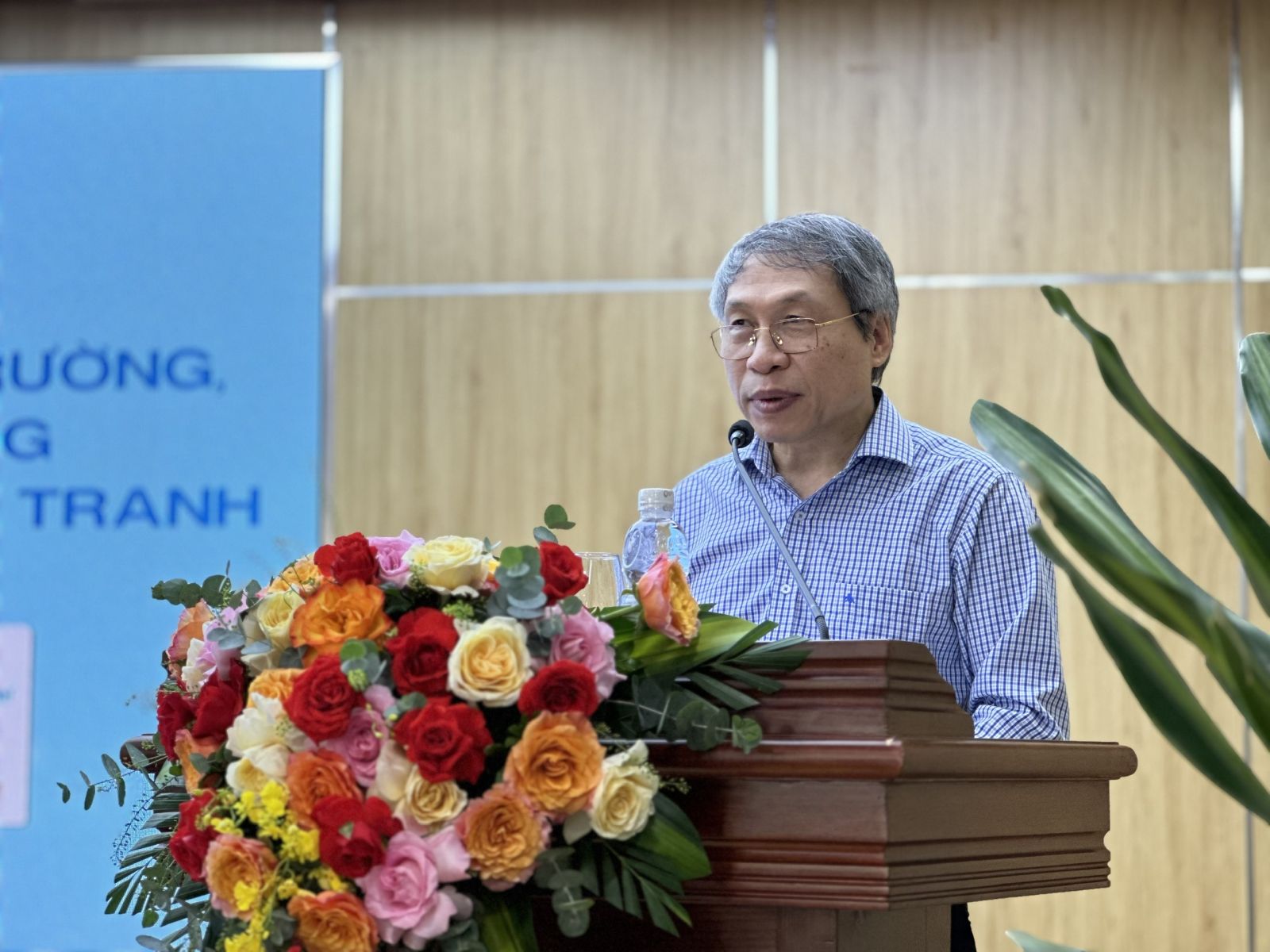


![[Photo] National Assembly Chairman Tran Thanh Man attends the VinFuture 2025 Award Ceremony](/_next/image?url=https%3A%2F%2Fvphoto.vietnam.vn%2Fthumb%2F1200x675%2Fvietnam%2Fresource%2FIMAGE%2F2025%2F12%2F05%2F1764951162416_2628509768338816493-6995-jpg.webp&w=3840&q=75)
![[Photo] 60th Anniversary of the Founding of the Vietnam Association of Photographic Artists](/_next/image?url=https%3A%2F%2Fvphoto.vietnam.vn%2Fthumb%2F1200x675%2Fvietnam%2Fresource%2FIMAGE%2F2025%2F12%2F05%2F1764935864512_a1-bnd-0841-9740-jpg.webp&w=3840&q=75)



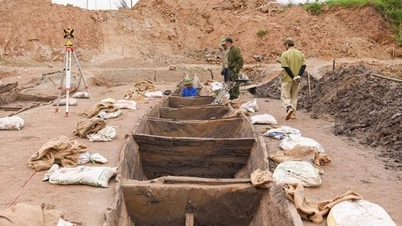



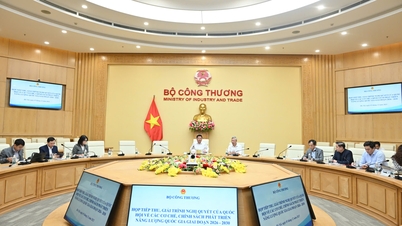










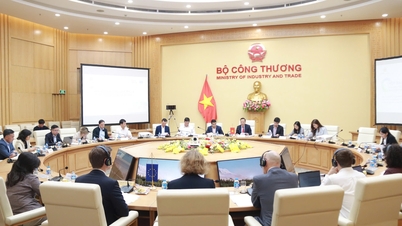












































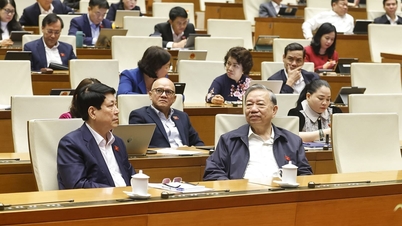












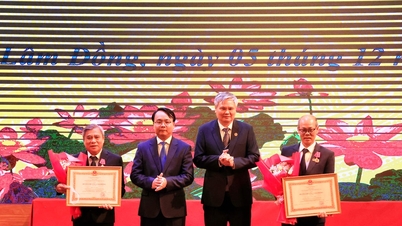
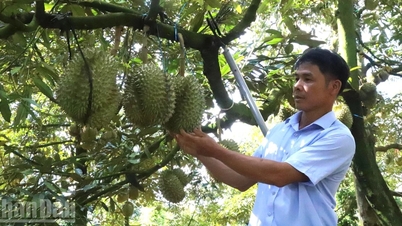


















Comment (0)